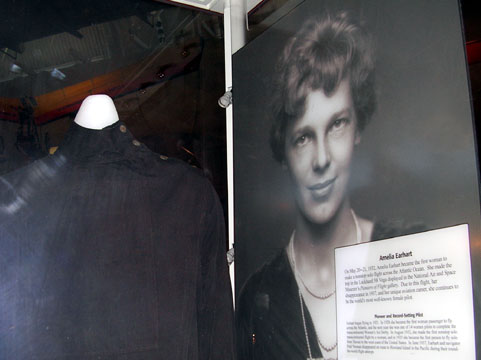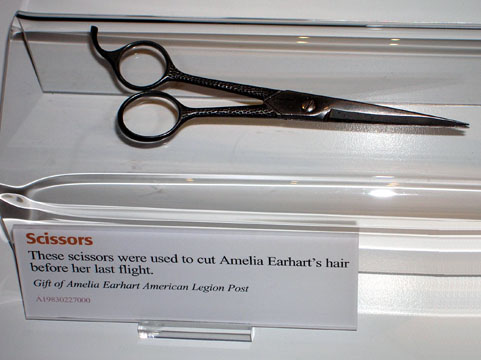By Thomas Lynch
It came to him that he could nearly count
How many Octobers he had left to him
In increments of ten or, say, eleven
Thus: sixty-three, seventy-four, eighty-five.
He couldn't see himself at ninety-six --
Humanity's advances notwithstanding
In health-care, self-help, or new-age regimens --
What with his habits and family history,
The end, he thought, is nearer than you think.
The future, thus confined to its contingencies,
The present moment opens like a gift:
The balding month, the grey week, the blue morning,
The hour's routine, the minute's passing glance --
All seem like godsends now. And what to make of this?
At the end the word that comes to him is Thanks.
--------
"My mother was buried on All Hallows Eve, 20 years gone now...her death at 65, 11 days after my 41st birthday that October, along with the routines of leaf-fall and withering, have always conspired with the liturgical calendar to make All Saints and All Souls a memento mori for me -- a time of year when I contemplate the dull math of time and mortality and their opposites," writes Lynch in Poet's Choice. "So much of poetry depends on such counting and calculation, figuring and refiguring the stressed and unstressed syllabics of language, the iambics of our heartbeats and heartbreaks." Lynch adds that he used to write sonnets on each birthday "to keep track of time, its confines and limitations, its reoccurring themes -- how every end has a beginning in it: this October giving way to that November. The older we get, the less pressing the past and future become...the older we get, likewise, the less we seem to count. Which accounts, I suppose, for the title of this 15-line poem."
Since it was a rainy, gloomy day, we went out after younger son got home from Hebrew school volunteering and lunch to see Amelia. I knew the film had received mixed-to-poor reviews, though I stopped reading after a few because they all seemed to have the same complaint -- that the movie was a pretty straightforward biography, that it was a bit too reverent and didn't seem spontaneous enough, despite a cast including Hilary Swank, Richard Gere, Ewan McGregor, and Christopher Eccleston. I wasn't thrilled to learn that the movie was based largely on Susan Butler's not-the-greatest biography, yet I must confess that those reviews actually encouraged me far more than if the critics were gushing about what an avant-garde retelling of Earhart's life it was or what unexpected titillating details were included.
Spoilers: No, she wasn't conventional, but risk-taking in biopics often means a disservice to the subject, and I really didn't want a Marie Antoinette-style view of Earhart as fashion icon and sexpot, though her biographers always go on about her clothing line and her extramarital relationships. Mira Nair sticks very close to Earhart's own writings -- a lot of the film's dialogue is based on her books and letters, which sometimes gives it a rather formal quality, though Earhart supposedly was fairly reserved once she became famous, aware that people were hanging on her every word even when she was trying to have private conversations. There aren't any big revelations; her life and her disappearance have been meticulously chronicled, so that even people who aren't remotely interested in aviation or feminism know who she was, what she did, and how she vanished. There's a sweet scene between her and the child Gore Vidal, based on Vidal's own recollections of her and a bit of embellishment for storytelling -- even people who knew her personally as he did seem to have idolized her in recollection. It's little wonder that the film tends toward reverence toward its subject.
I think the compulsion to structure the film as a love story between Earhart and her husband George Putnam puts some reins on the storytelling -- the discretion in filming her affairs ends up making them look not as passionate as I hope they were -- but if she'd been having wild sex with Fred Noonan the night before their plane disappeared, that would have irritated me much more. No one can be sure of the details of Earhart's love life -- in Nair's version, she sleeps with Gene Vidal but not Noonan, though the latter quite often becomes her lover in fiction about Earhart, I think because it's preferable to believe that she ran away to find happiness with Fred than that they died shouting at each other about whose fault it was they couldn't reach Howland Island. Earhart almost certainly wasn't a virgin when she met Putnam -- she was engaged to someone else who does not appear in this film -- but there's no evidence that she and Vidal were involved beyond his son's belief (maybe hope) that they were. She did write that she did not intend to hold Putnam to any medieval code of fidelity, nor would she consider herself so bound, but exactly what that meant in terms of how they conducted their private lives was well protected by those close to them.
There have already been biopics about Isak Dinesen, Howard Hughes, and other people whom I don't think are nearly as interesting as Earhart but whose filmed scenes of flying over Africa, surviving a plane crash, etc. are so famous that although Earhart was a pioneer, the film itself doesn't feel like it covers new ground. (That wouldn't necessarily have bothered Earhart, who didn't complain about losing races to other women since any triumph for a woman aviator made it easier for others to fly; she wanted to win in large part because she had to remain famous and successful in order to get the funds to keep flying.) Maybe for someone who isn't an Earhart fan or who didn't like Out of Africa or The Aviator, the familiar soaring-music-and-sweeping-cinematography combination might be more of an annoyance. I'm not particularly a Hilary Swank fan -- I think she's talented but some of her film choices haven't been things I've wanted to see at all -- and Gere has been hit-and-miss for me too, so I'm really pretty unbiased toward the actors when I say they nailed the characters. Eccleston has perhaps the hardest role -- not a lot of dialogue -- and although his accent is slightly less convincing than McGregor's when he does speak, I think his performance is a lot more memorable.
Here in honor of the film are photos I've posted before but feel like posting again of Earhart's Lockheed Vega at the National Air & Space Museum.

Earhart's Lockheed Vega, sold to the Franklin Institute in Philadelphia in June 1933 and displayed there until it was transferred to the Smithsonian Institution in September 1966.

You can see the manufacturer mark on the tail. This plane (well, the same model) appears in Amelia.

Earhart flew this plane on several of her historic flights, including the Hawaii-California flight that she was the first to achieve.

A model of the Electra in which Earhart and Noonan disappeared during their attempt to fly around the world.

Earhart's trophy chest at the Air & Space Museum.

Earhart's flight jacket is at the museum's Udvar-Hazy Center (which was having the annual Halloween Air & Scare tonight, but sadly I think my kids are too old, or rather they do).

These scissors are at Udvar-Hazy as well.
Otherwise, I finished my review of "The First Duty", and we watched two episodes of Due South -- the sublime "The Ladies Man" (I love passionately anti-death-penalty TV shows, and okay, Ray K is awesome) and the ridiculous "Mojo Rising." The weather has finally cleared up, so Sunday we are doing our annual tour of South Mountain fall foliage at the state parks!

No comments:
Post a Comment